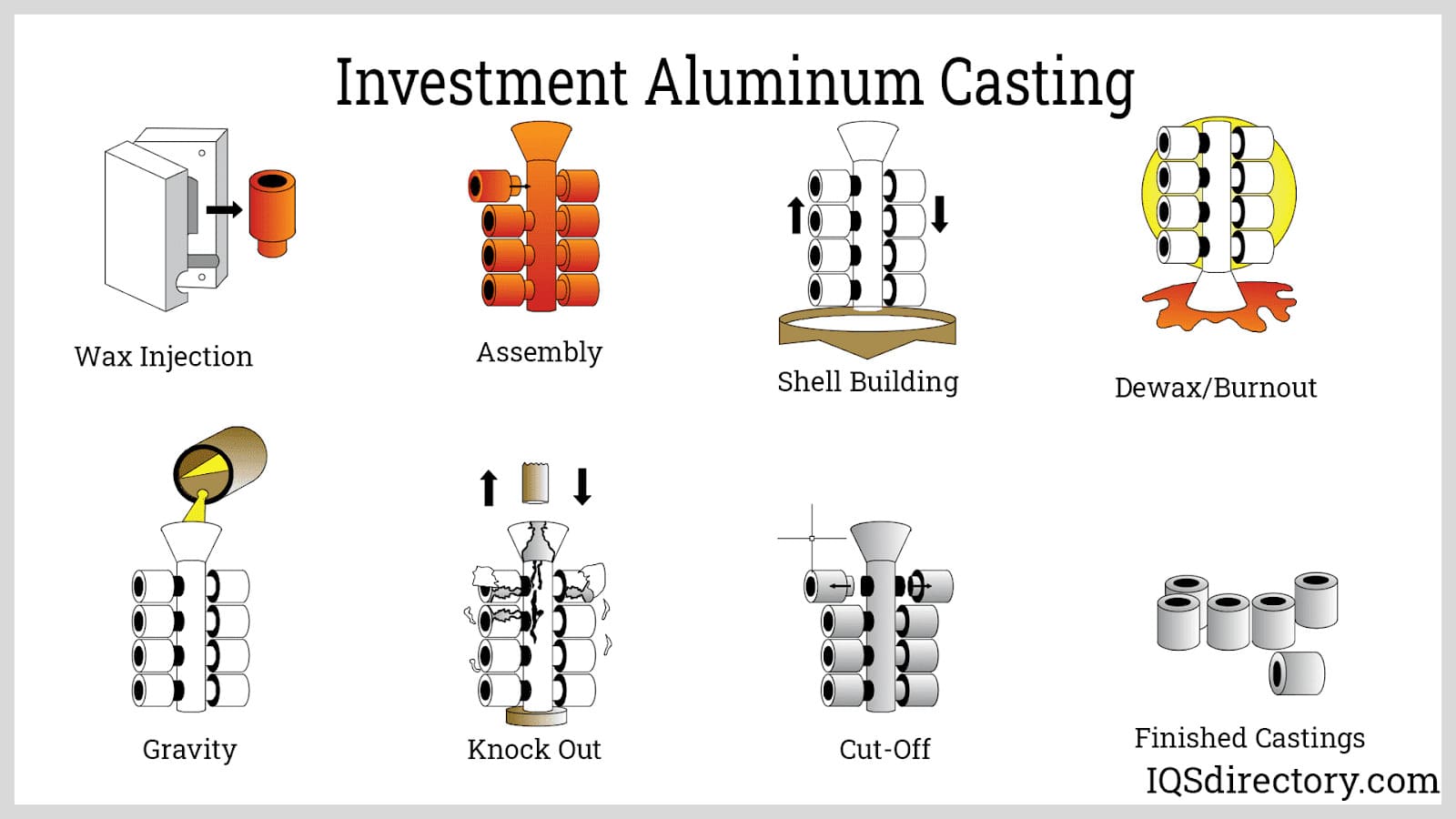The 9-Minute Rule for Stahl Specialty Company
The 9-Minute Rule for Stahl Specialty Company
Blog Article
The Main Principles Of Stahl Specialty Company
Table of ContentsThe Stahl Specialty Company IdeasThe Ultimate Guide To Stahl Specialty Company7 Easy Facts About Stahl Specialty Company ShownExcitement About Stahl Specialty CompanyFascination About Stahl Specialty Company
There are many minor differences in between functioned and cast aluminum alloys, such as that cast alloys can have much more considerable amounts of various other metals than wrought alloys. The most remarkable distinction between these alloys is the construction procedure through which they will go to deliver the last product. In addition to some surface area therapies, cast alloys will certainly exit their mold and mildew in virtually the exact strong type desired, whereas wrought alloys will certainly go through several adjustments while in their strong state.If you assume that a wrought alloy may be the very best for your job, have a look at some of our short articles that describe even more about details functioned alloys, such as Alloy 6061 and Alloy 6063. On the other hand, if you think a cast alloy would be better for you, you can find out more about some actors alloys in our Alloy 380 and Alloy 383 short articles (coming quickly).

Having the experience and industry expertise to engineer your spreadings for ideal manufacturing and top quality end results will streamline the project. Producing light weight aluminum castings calls for a complicated collection of processes to attain the best results. When making a decision on a brand-new light weight aluminum foundry to partner with, ensure they have considerable market experience and are educated concerning all facets of the aluminum spreading procedure: design, production, product analysis, and product screening.
How Stahl Specialty Company can Save You Time, Stress, and Money.
The foundry needs to likewise have a tried and tested track record of supplying exceptional products that meet or exceed consumer expectations. Quality control should also go to the top of your list when picking a light weight aluminum foundry. By functioning with a qualified foundry who follows the standards for high quality control, you can safeguard the stability of your item and ensure it fulfills your specifications.
By choosing a business who uses solutions that satisfy or exceed your product requirements, you can be certain that your task will certainly be finished with the utmost accuracy and efficiency. Specific aluminum shops focus on specific types of making procedures or casting methods. Various components call for various manufacturing strategies to cast light weight aluminum, such as sand casting or pass away casting.

Pass away casting is the name offered to the procedure of creating complex steel parts with use of mold and mildews of the element, also understood as dies. The procedure utilizes non-ferrous steels which do not have iron, such as aluminum, zinc and magnesium, because of the preferable residential properties of the steels such as reduced weight, higher conductivity, non-magnetic conductivity and resistance to rust.
Stahl Specialty Company - Questions
Pass away spreading production is quick, making high production levels of parts simple. It produces more elements than any kind of other procedure, with a high level of accuracy and repeatability. To get more information regarding die casting and pass away casting products utilized in the process, continued reading. There are three sub-processes that fall under the classification of die casting: gravity pass away spreading (or permanent mold and mildew casting), low-pressure die spreading and high-pressure die casting.
No matter the sub-process, the die casting procedure can be broken down into 6 steps. After the pureness of the alloy learn the facts here now is evaluated, passes away are produced. To prepare the passes away for spreading, it is very important that the passes away are tidy, so that no deposit from previous productions remain. After cleansing, the ejection lubrication is put on the die to make sure a smooth release.
The pure metal, likewise known as ingot, is included in the heater and maintained the molten temperature level of the steel, which is then moved to the injection chamber and infused right into the die. The pressure is then preserved as the metal strengthens - aluminum metal casting. When the steel solidifies, the cooling process starts
The thicker the wall surface of the component, the longer the cooling time as a result of the amount of interior metal that additionally requires to cool down. After the element is totally cooled, the die halves open and an ejection mechanism presses the part out. Complying with the ejection, the die is shut for the following shot cycle.
Stahl Specialty Company - An Overview

Today, leading makers use x-ray screening to see the entire interior of elements without cutting right into them. To get to the ended up item, there are three key alloys utilized as die spreading product to choose from: zinc, light weight aluminum and magnesium.
Zinc is one of the most previously owned alloys for die casting due to its reduced expense of raw products. Its corrosion resistance likewise allows the parts to be lengthy long-term, and it is one of the a lot more castable alloys due to its lower melting factor - Foundries in Missouri.
The 5-Minute Rule for Stahl Specialty Company
As discussed, this alloy is just one of the most frequently made use of, yet manufactures will, sometimes, choose aluminum over zinc due to light weight aluminum's production advantages. Aluminum is highly economical and among the extra functional alloys. Light weight aluminum is made use of for a variety of various items and markets anything from window frameworks to aerospace products.
Report this page